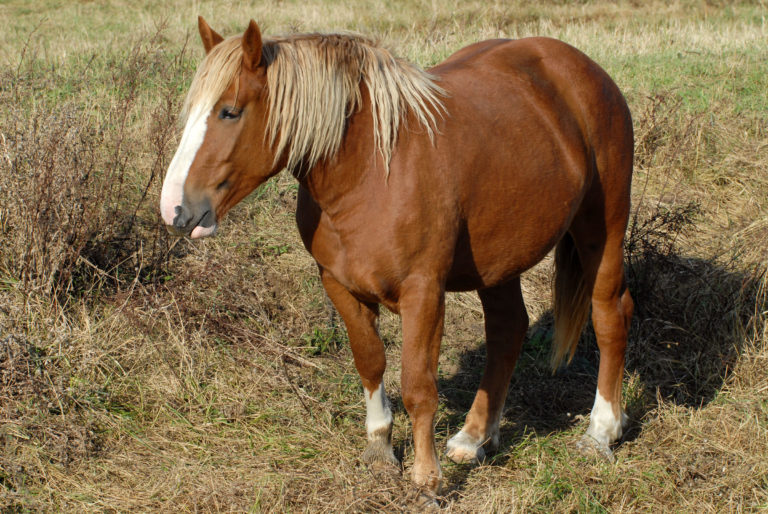A new article has been published by SagePub.com from Veterinary Pathobiology titled, “Equine Genital Squamous Cell Carcinoma, In Situ Hybridization Identifies a Distinct Subset Containing Equus caballus Papillomavirus 2.” The authors noted that this study contributes to the “accumulating evidence” for a causal role of Equus caballus papillomavirus 2 in a subset of genital squamous cell carcinomas in horses.
This article is available for rent or purchase.
Abstract
Equus caballus papillomavirus 2 (EcPV2) has been proposed as an etiologic agent for genital squamous cell carcinoma (SCC), the most common malignant tumor of the horse penis. EcPV2 is commonly detected by polymerase chain reaction (PCR) on normal horse genitalia; therefore, unraveling the virus’ role in oncogenic transformation requires other methods of detection. In this study, a highly sensitive multiple-probe chromogenic in situ hybridization (ISH) technique was designed to recognize the E6/E7 oncogenes of EcPV2. ISH demonstrated abundant virus within 6 of 13 penile and preputial SCCs, whereas evidence of solar damage was found in 6 cases that were negative for EcPV2 by ISH. The ISH technique is valuable for studies of pathogenesis, since it demonstrates for the first time that the vast majority of neoplastic cells contain virus. Moreover, hybridization was present in all metastases examined, implying stability of E6/E7 expression in these clonal populations of neoplastic cells. This study contributes to the accumulating evidence for a causal role of EcPV2 in a subset of genital SCCs in horses.
Authors
K.W. Zhu, V.K. Affolter, A.M. Gaynor, F.N. Dela Cruz Jr., and P.A. Pesavento, Department of Pathology, Microbiology, Immunology, School of Veterinary Medicine, University of California, Davis.








